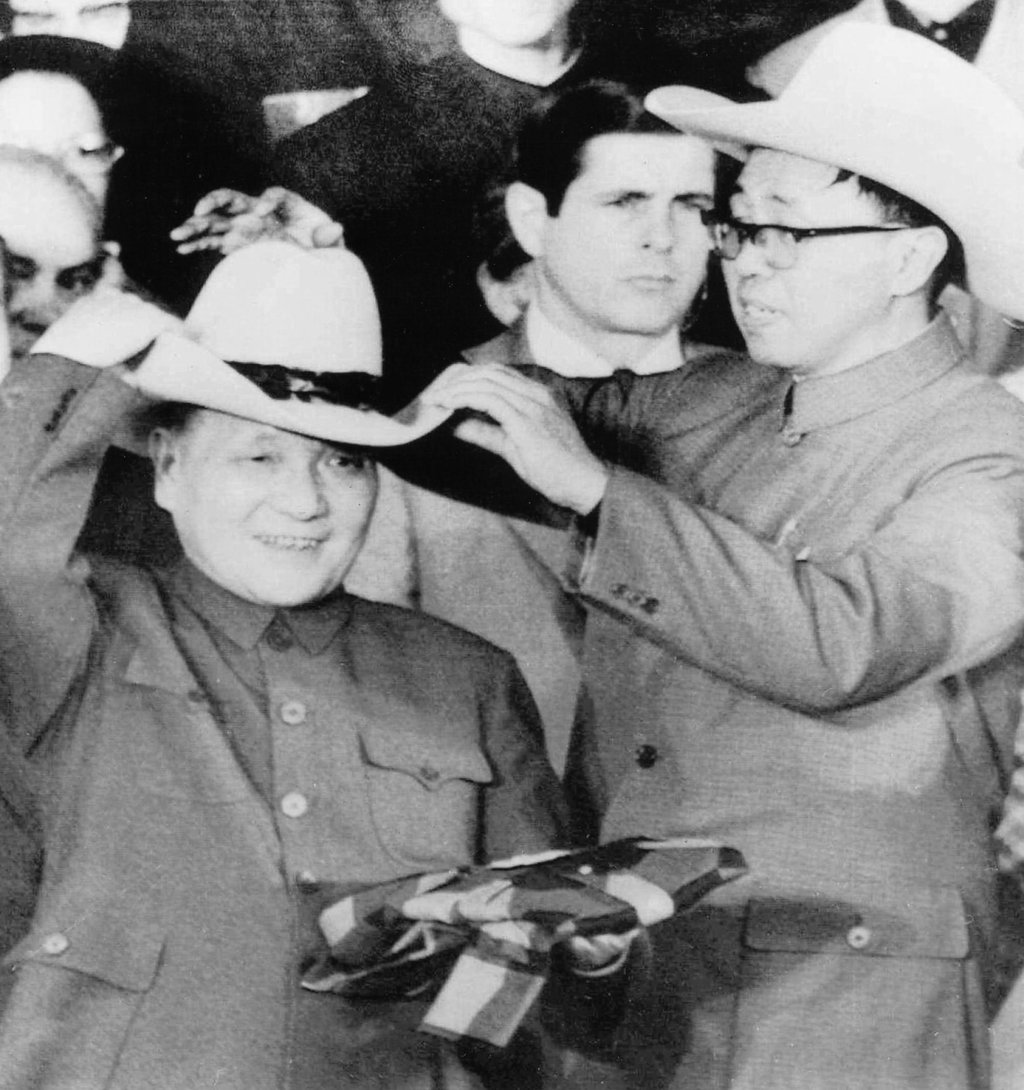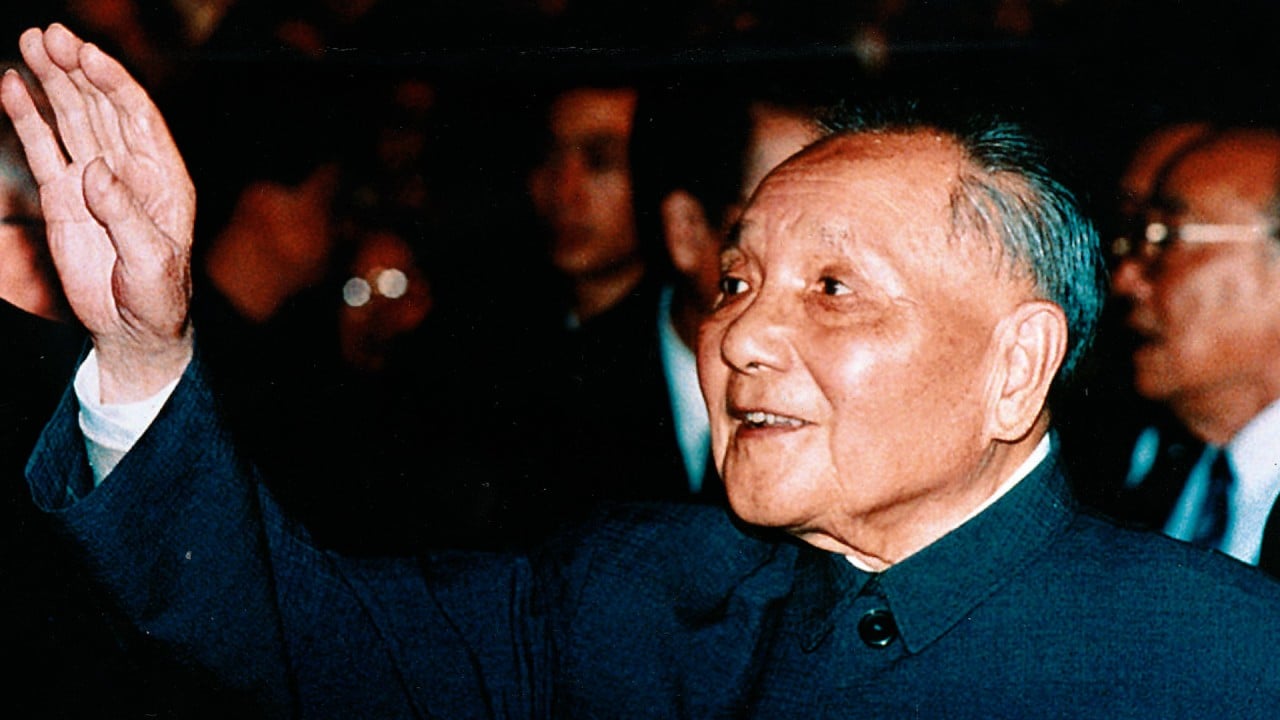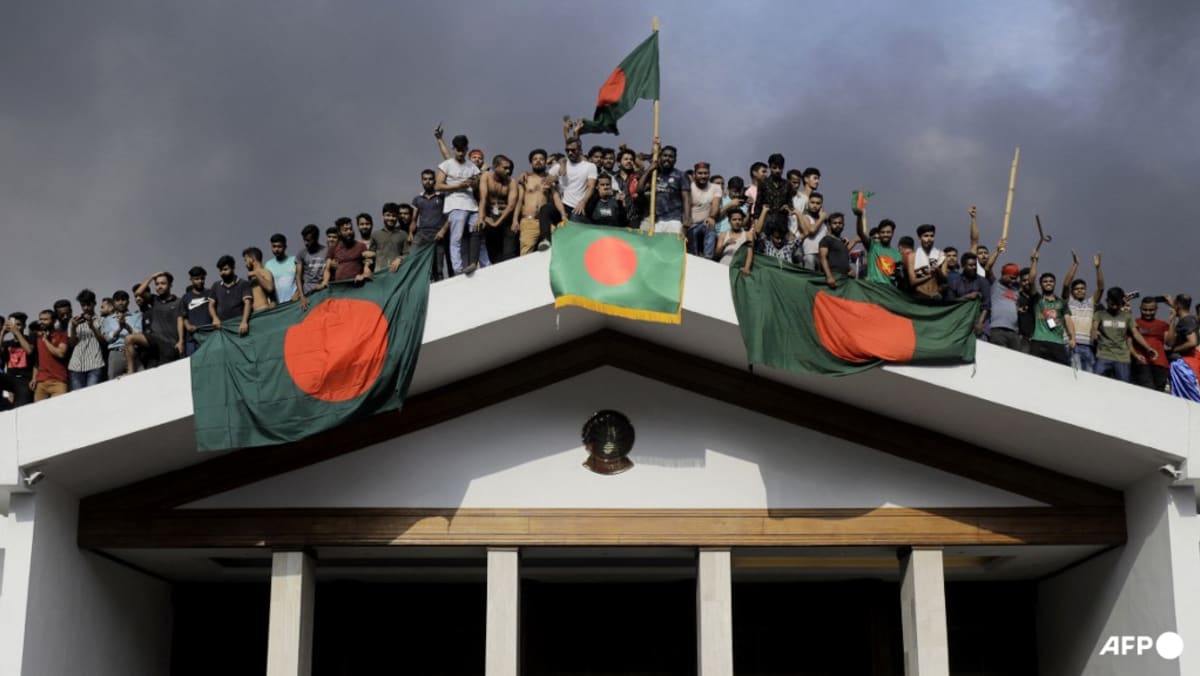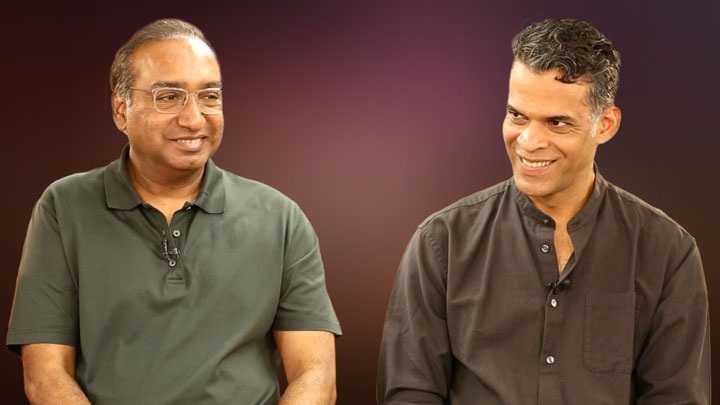Deng, who died in 1997 at the age of 92, would have been heartened but unsurprised to see that China’s economy has become the world’s second largest, as the country’s successive leaders vowed to carry the torch and honour his legacy.
But he would have been dismayed to find that some key tenets of his theory had already been discarded and forgotten.
Acutely wary of the devastating consequences of Mao Zedong’s ultranationalist policies, including class struggle, Deng came up with the phrase bu zheng lun, or “let’s dispense with theoretical debate”, putting paid to the constant debate over socialism vs capitalism, the use of Western technology or the development of the private economy – so as to focus the Community Party’s attention on actually growing the economy.
Following the bloody crackdown on student demonstrations in 1989, China was at a crossroads again, with resurgent ultra-leftist sentiment threatening to derail Deng’s policy of reform and opening up in the name of national security and guarding against Western influence.
Alas, the ideological struggle and fervour, those constant themes of Mao’s era that Deng tried very hard to bury, are back with a vengeance.
Deng’s guiding philosophy that pursuing economic development should be the party’s central task is rarely mentioned 30 years on, and has become secondary to national security.
His mantra of “seeking truth from facts”, epitomised by the folksy saying “it doesn’t matter if a cat is black or white, so long as it catches mice”, has long been upended. Instead, China’s politics and policymaking process these days are driven by ideology, which has caused considerable concerns among foreign investors and private businesspeople in the country.
The leadership’s supporters have argued that the time has arrived for China, now one of the world’s largest economies, to flex its muscles and protect its interests robustly on the international stage, not least because the country is already the elephant in the room, and not to mention the fact that Washington no longer sees Beijing as weak and poor but as its fiercest competitor or the biggest threat in the world.
The catchphrase brings to mind a similar expression uttered by Mao, who declared in the 1950s that “the East wind is prevailing over the West wind”, implying that the forces of socialism would overwhelm those of capitalism.

Such an ideology-driven world view will most likely see China losing friends and alienating people around the world, particularly in Western countries.
Let’s be honest. When Deng adopted the open-door policy to steer the country onto the right track, China opened up essentially to Western countries, which have brought in investment and technology.
Now that China, the world’s largest trading economy, is a top trading partner to 120 countries, Western countries still account for a large portion of investment and trade.
At a time of unabated Western chatter about decoupling from China, Beijing is wisely seeking deeper integration into the world economy as a counter move. Over the past year, China has signalled a conciliatory approach towards its Western trading partners to defuse trade tensions and reassure the private sector at home.
But China’s leadership faces growing scepticism at home and abroad partly because the country’s public discourse still seems hijacked by the ultra-leftist narrative that is fixated on guarding against foreign influence in the name of national security and patriotism.
Deng, a pragmatist who was purged three times, repeatedly warned that the party should primarily guard against an ultra-leftist tendency, even as it should stay vigilant against veering right.
Nothing would please Deng more if his successors would heed his warning and shift the focus back onto growing the economy and achieving China’s modernisation.
Wang Xiangwei is a former editor-in-chief of the South China Morning Post. He now teaches journalism at Baptist University








